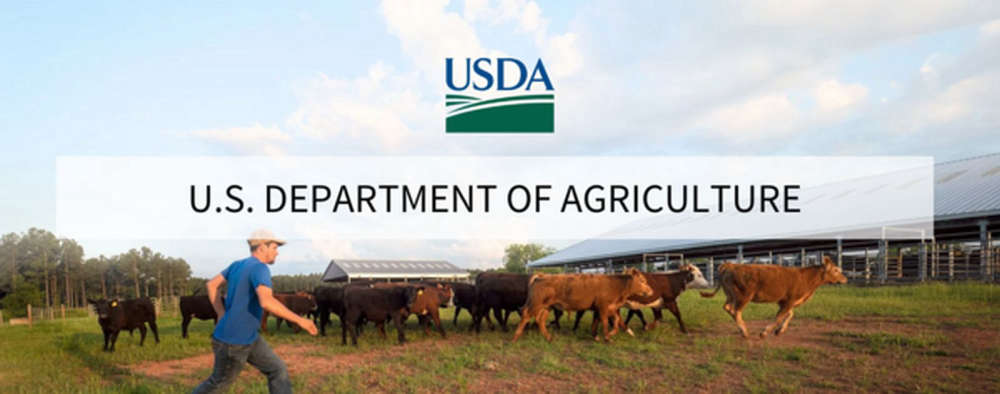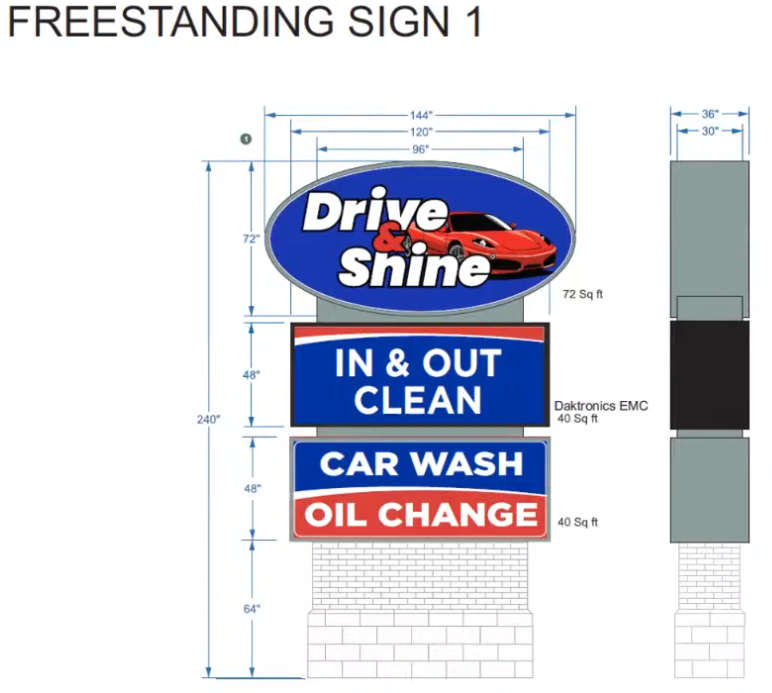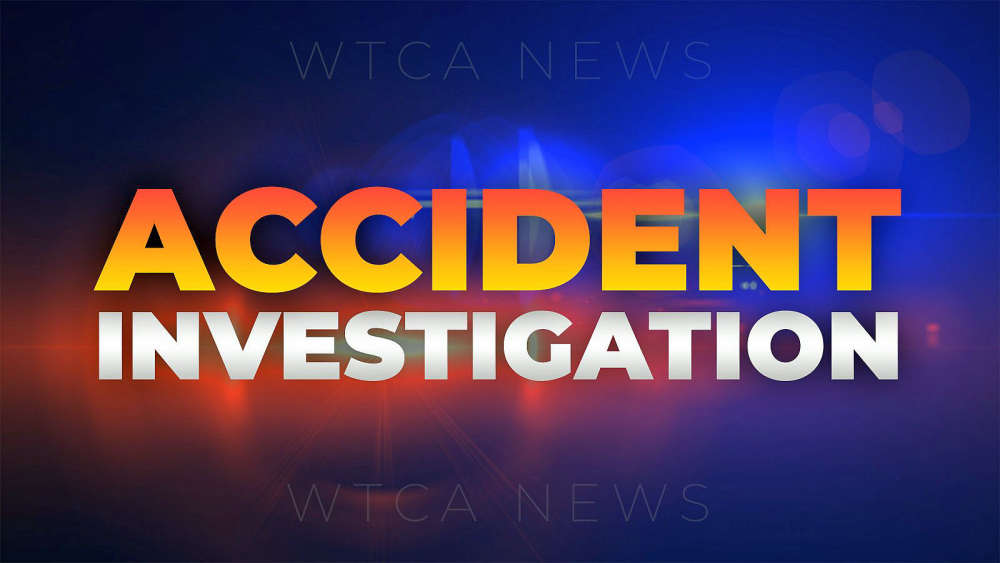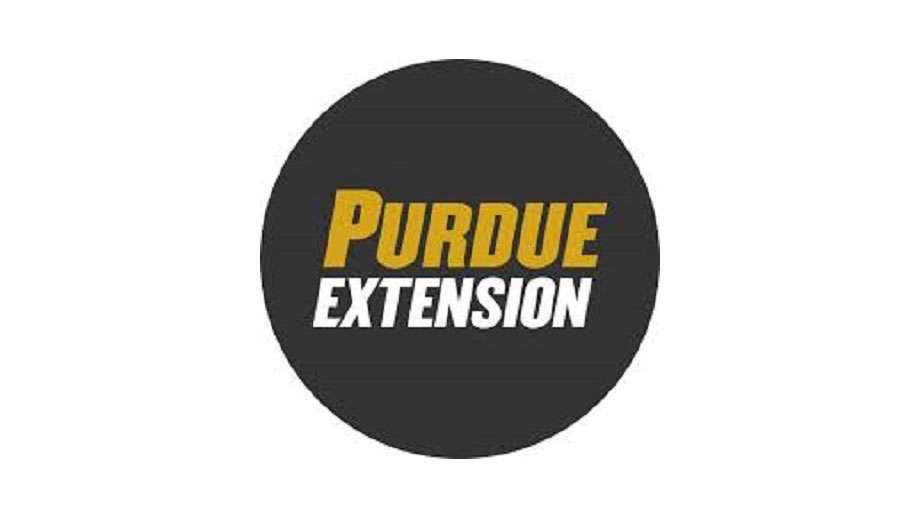
Today, at the direction of U.S. Secretary of Agriculture Brooke L. Rollins, Acting Deputy Under Secretary for Food, Nutrition, and Consumer Services John Walk issued guidance to all State agencies directing them to enhance identity and immigration verification practices when determining eligibility for the Supplemental Nutrition Assistance Program (SNAP). This guidance is one of many steps toward fulfilling President Trump’s Executive Order 14218, which directs USDA and other federal agencies to “enhance eligibility verification systems, to the maximum extent possible, to ensure that taxpayer funded benefits exclude any ineligible alien.”
“President Trump has made it clear that American taxpayers will no longer subsidize illegal aliens,” said Secretary Rollins. “We are stewards of taxpayer dollars, and it is our duty to ensure states confirm the identity and verify the immigration status of SNAP applicants. USDA’s nutrition programs are intended to support the most vulnerable Americans. To allow those who broke our laws by entering the United States illegally to receive these benefits is outrageous.”
On February 25, 2025, Secretary Rollins directed USDA-FNS to review the administration of SNAP benefits to make necessary changes to align with Executive Order 14128. As discussed in a recent Government Accountability Office (GAO) report, a staggering $10.5 billion in improper SNAP payments were made in FY 2023 alone—about 12% of total SNAP payments that year. The inadequate verification of an applicant’s identity and citizenship by states is specifically highlighted as contributing to the improper payments of SNAP funds.
Today’s guidance requires states to obtain more reliable documents to prove identity, take additional measures to deter fraudulent use of social security numbers, and better use the Department of Homeland Security’s Systematic Alien Verification for Entitlements (SAVE) system. Important to note that last week, Secretary Noem advised Governors that SAVE is now available to States for free, making it easier to verify immigration status. The guidance also encourages best practices including adoption of an identification proofing process and requiring more in-person interviews. To learn more, please view the issued guidance (PDF, 134 KB).


 Plymouth BZA approves sign variances for Drive & Shine Car Wash
Plymouth BZA approves sign variances for Drive & Shine Car Wash
 Indiana AG reminds Hoosiers to be alert to signs of human trafficking
Indiana AG reminds Hoosiers to be alert to signs of human trafficking
 Master Trooper James Zeser Retires from the Indiana State Police
Master Trooper James Zeser Retires from the Indiana State Police
 Plymouth woman arrested after leaving scene of crash
Plymouth woman arrested after leaving scene of crash
 Kennedy’s Kitchen brings Irish flavor to The REES
Kennedy’s Kitchen brings Irish flavor to The REES
 Two habitual traffic violators arrested by city police within hours Tuesday
Two habitual traffic violators arrested by city police within hours Tuesday
 Two arrested for driving without licenses in separate Tuesday incidents
Two arrested for driving without licenses in separate Tuesday incidents
 Purdue Extension to present Agricultural Tax and Policy Workshop
Purdue Extension to present Agricultural Tax and Policy Workshop




